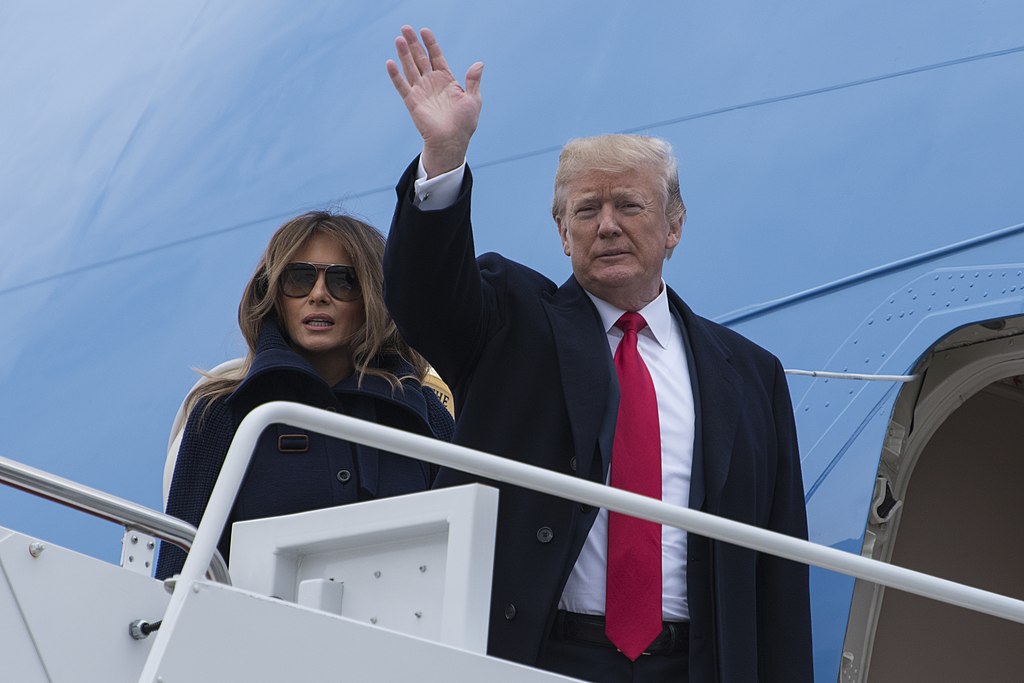As Donald Trump prepares to step into the presidency for a second term, his approach to managing public health emergencies has become a major focal point of debate. With the lessons of COVID-19 fresh in the public’s mind, Trump’s plans for addressing future health crises have drawn both praise and skepticism.
Trump’s Public Health Strategy for 2025
Trump’s administration has signaled that its public health strategy will focus on boosting the nation’s emergency response infrastructure, streamlining supply chains for medical equipment, and fostering innovation in vaccine development. A key proposal includes increasing federal funding for the Centers for Disease Control and Prevention (CDC) and state-level health departments to better prepare for pandemics.
In addition, Trump’s team has highlighted plans to establish a dedicated task force to address global health threats. This initiative would reportedly prioritize partnerships with pharmaceutical companies to ensure rapid vaccine production and distribution in the event of a health emergency.
“We need a robust system to respond quickly and decisively,” said Dr. Andrew Hamilton, a public health policy analyst. “Investing in preparedness now can save lives and reduce economic fallout during future crises.”
Mixed Public Reactions
The public response to Trump’s health emergency strategy has been polarized. Supporters view it as a proactive step to address weaknesses exposed during the COVID-19 pandemic, while critics question its feasibility and execution.
User @PublicHealthWarrior tweeted, “Finally, someone is taking pandemic preparedness seriously. If done right, this could save millions of lives.” Another user, @SkepticalVoter, countered, “Trump’s track record doesn’t inspire confidence. Will this plan actually work, or is it just for show?”
Other netizens expressed concerns about the role of private companies. “Pharma partnerships are fine, but who’s paying? Watch out for taxpayer-funded bailouts,” wrote @HealthPolicyWatch. Meanwhile, @OptimistMD posted, “Speeding up vaccine production is a game-changer. Collaboration is key to fighting global health threats.”
Critics also raised questions about funding. “Increasing CDC budgets is great, but where’s the money coming from? Other programs might get cut,” tweeted @FiscalRealist. Conversely, @EmergencyPrepFan urged, “Let’s focus on the positives. Preparedness is an investment, not a cost.”
Challenges to Implementation
While Trump’s proposals have sparked widespread debate, challenges remain. Securing bipartisan support for increased public health funding could prove difficult amid concerns about government spending. Additionally, experts warn that coordination between federal and state agencies will be crucial to ensure efficient response systems.
Dr. Hamilton emphasized the need for transparency and accountability in implementing these plans. “Public trust is critical during health crises. Clear communication and swift action will determine whether these initiatives succeed.”
As Trump’s administration unveils its full strategy for managing public health emergencies in 2025, the nation watches closely to see if these proposals can meet the challenge of protecting public safety.



 Trump to Attend White House Correspondents’ Dinner 2026, Ending Long Boycott
Trump to Attend White House Correspondents’ Dinner 2026, Ending Long Boycott  Trump and Merz Meet at White House Amid Iran Strikes and Trade Tensions
Trump and Merz Meet at White House Amid Iran Strikes and Trade Tensions  U.S.-Israel War on Iran Escalates as Gulf Conflict Disrupts Oil, Air Travel and Regional Security
U.S.-Israel War on Iran Escalates as Gulf Conflict Disrupts Oil, Air Travel and Regional Security  UK Accepts U.S. Request to Use British Bases for Defensive Strikes on Iranian Missiles
UK Accepts U.S. Request to Use British Bases for Defensive Strikes on Iranian Missiles  Supreme Court Backs GOP Lawmaker in New York Redistricting Fight Ahead of Midterms
Supreme Court Backs GOP Lawmaker in New York Redistricting Fight Ahead of Midterms  Middle East Conflict Escalates After Khamenei’s Death as U.S., Israel and Iran Exchange Strikes
Middle East Conflict Escalates After Khamenei’s Death as U.S., Israel and Iran Exchange Strikes  Does international law still matter? The strike on the girls’ school in Iran shows why we need it
Does international law still matter? The strike on the girls’ school in Iran shows why we need it  Pentagon Downplays ‘Endless War’ Fears After U.S. Strikes on Iran Escalate Conflict
Pentagon Downplays ‘Endless War’ Fears After U.S. Strikes on Iran Escalate Conflict  Israel Prepares Weeks-Long Military Campaign Against Iran Amid Escalating Air Strikes
Israel Prepares Weeks-Long Military Campaign Against Iran Amid Escalating Air Strikes  Failure of US-Iran talks was all-too predictable – but Trump could still have stuck with diplomacy over strikes
Failure of US-Iran talks was all-too predictable – but Trump could still have stuck with diplomacy over strikes  Australia Rules Out Military Involvement in Iran Conflict as Middle East Tensions Escalate
Australia Rules Out Military Involvement in Iran Conflict as Middle East Tensions Escalate  Israel Strikes Hezbollah Targets in Lebanon After Missile and Drone Attacks
Israel Strikes Hezbollah Targets in Lebanon After Missile and Drone Attacks  EU Urges Maximum Restraint in Iran Conflict Amid Fears of Regional Escalation and Oil Supply Disruption
EU Urges Maximum Restraint in Iran Conflict Amid Fears of Regional Escalation and Oil Supply Disruption  Suspected Drone Strike Hits RAF Akrotiri Base in Cyprus, Causing Limited Damage
Suspected Drone Strike Hits RAF Akrotiri Base in Cyprus, Causing Limited Damage  Argentina Tax Reform 2026: President Javier Milei Pushes Lower Taxes and Structural Changes
Argentina Tax Reform 2026: President Javier Milei Pushes Lower Taxes and Structural Changes  Marco Rubio to Brief Congress After U.S.-Israeli Strikes on Iran
Marco Rubio to Brief Congress After U.S.-Israeli Strikes on Iran  Trump Announces U.S. Strikes on Iran Navy as Conflict Escalates
Trump Announces U.S. Strikes on Iran Navy as Conflict Escalates 






























